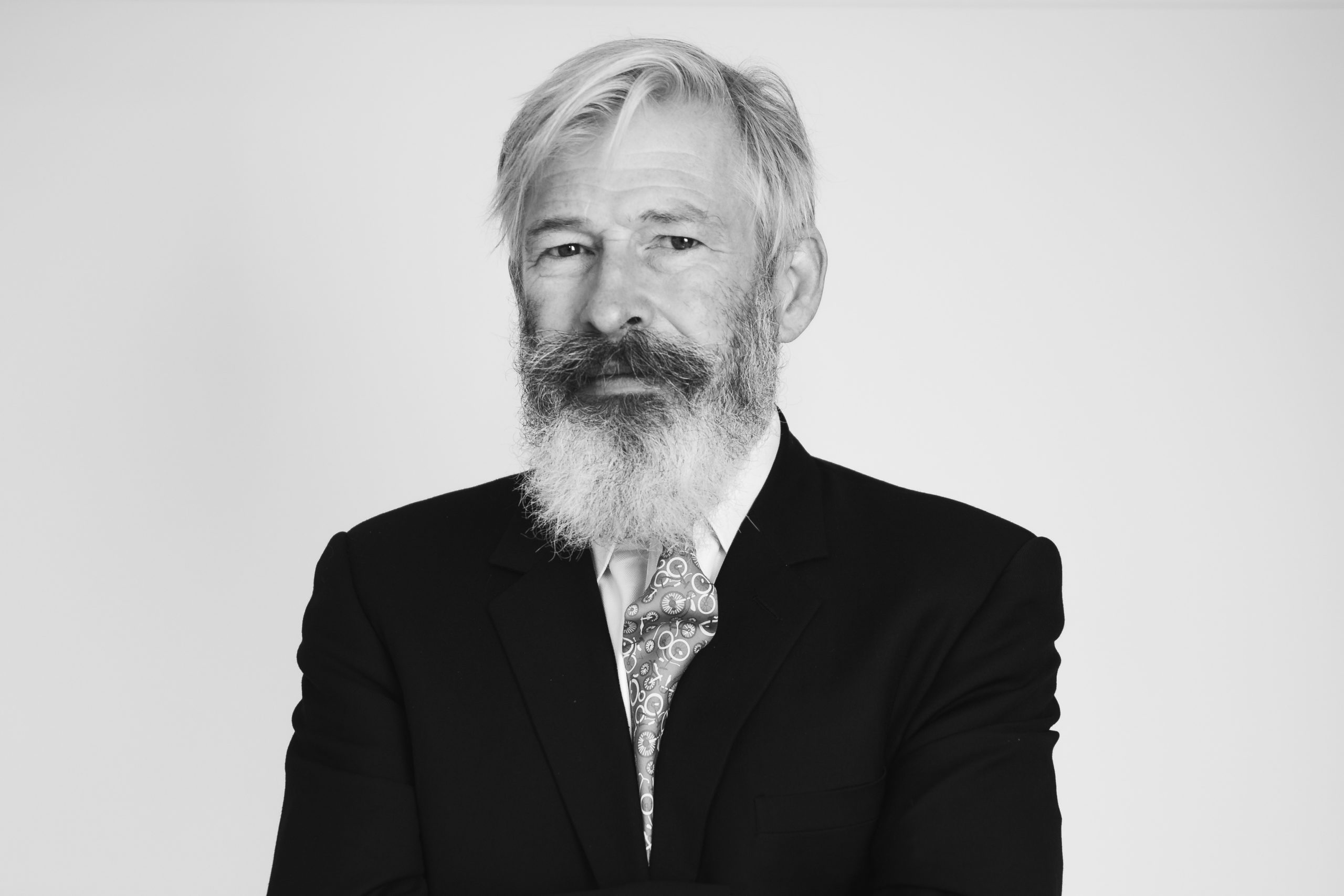Andrew Wordsworth is a pre-eminent investigations and asset recovery specialist, known for navigating the most complex and opaque legal disputes globally.
He is frequently instructed on high-stakes matters, including multi-jurisdictional fraud, global asset tracing, and sovereign enforcement actions. He specialises in complex investigations, having worked on matters ranging from exposing fraudulent international companies, to investigating allegations of fraudulent medical trials and the publication of fabricated scientific claims in a leading academic journal. His work spans the United States, Germany, and Japan, and includes identifying witnesses for cases in the High Court and US Supreme Court.
He is a formidable and highly effective problem-solver, consistently assembling multi-disciplinary teams to deliver rapid and durable solutions for clients facing acute crises. A true authority in asset tracing, Andrew’s strategic approach and deep expertise have consistently led to significant recoveries of diverse assets across numerous jurisdictions, underpinning critical freezing orders. Clients praise his exceptional commercial acumen and strategic foresight in navigating intricate cross-border disputes, particularly in high-value sovereign enforcement and expropriation matters. His work is characterized by remarkable diligence and an unwavering commitment to clients, even in the face of politically charged or globally sensitive challenges.
Andrew has overseen numerous mandates for major financial institutions and sovereign entities, leading to the successful tracing and recovery of substantial assets, including real estate, luxury vehicles, and financial instruments. His teams have produced evidence leading to freezing orders in the UK and across Common Law jurisdictions, and supported ICSID claims involving sovereign immunity, veil piercing, and complex offshore structures in the US, Dubai, France, and Australia.
Andrew is at the forefront of efforts to recover assets expropriated by states, particularly on behalf of multinational oil companies in Latin America and Africa. His work in this area requires navigating complex legal terrain that involves intricate issues of sovereign immunity, commercial purpose, and corporate opacity.
Andrew has led major fraud and corruption investigations in the Middle East, CIS, and Latin America, frequently working with counsel to secure disclosure orders in the UK and US as part of integrated case strategies.
Andrew is frequently called upon in moments of acute personal crisis. He is known for his ability to quickly assemble multi-disciplinary teams with a clear mandate to “fix the problem, fast—and durably,” providing robust and lasting solutions for clients facing politically charged or reputationally damaging challenges.

